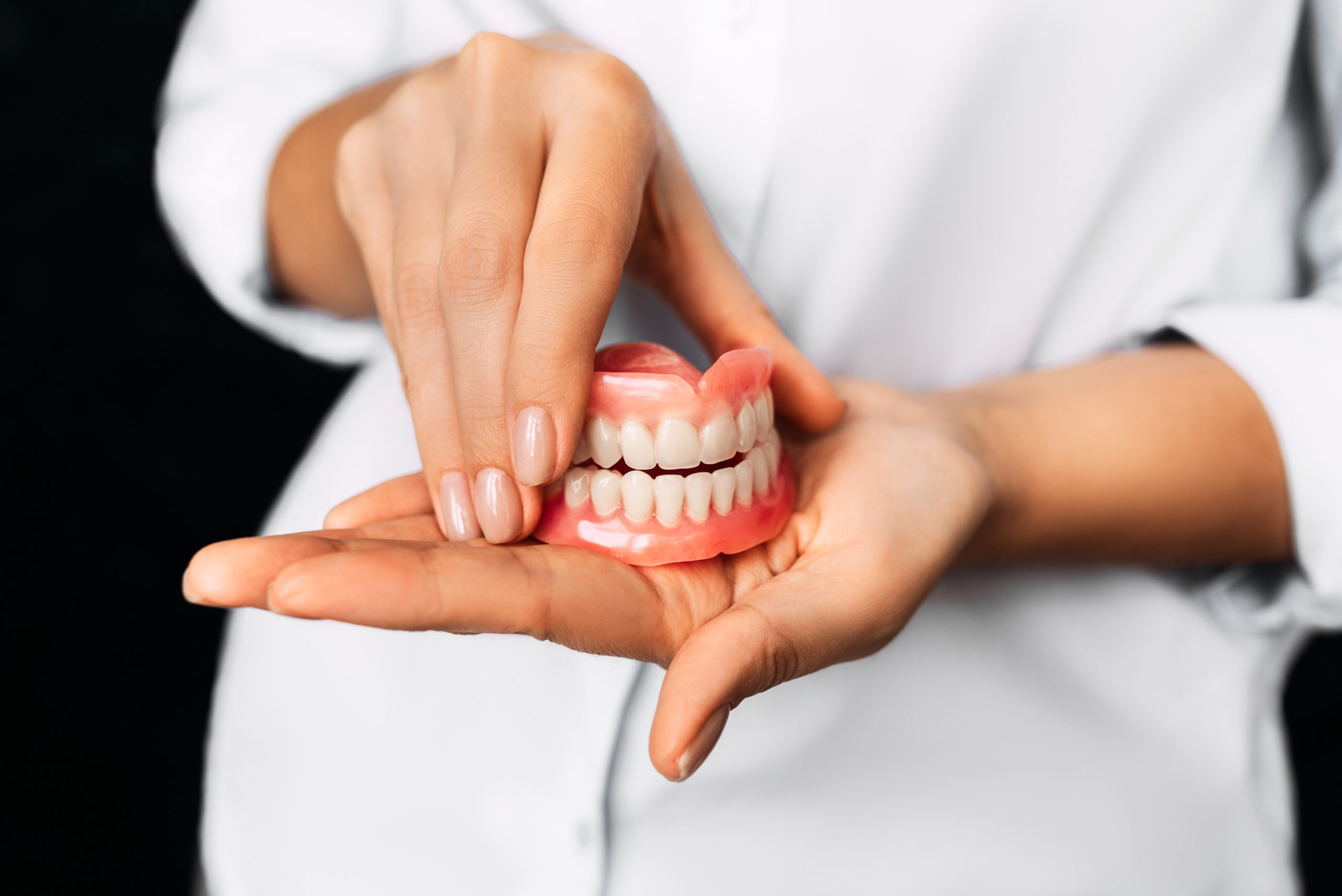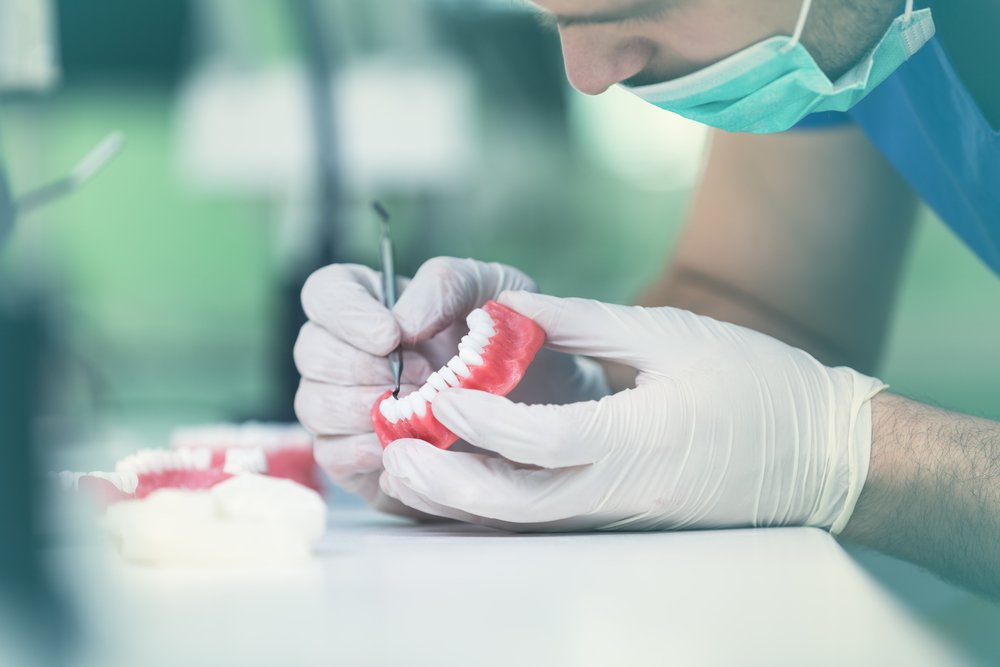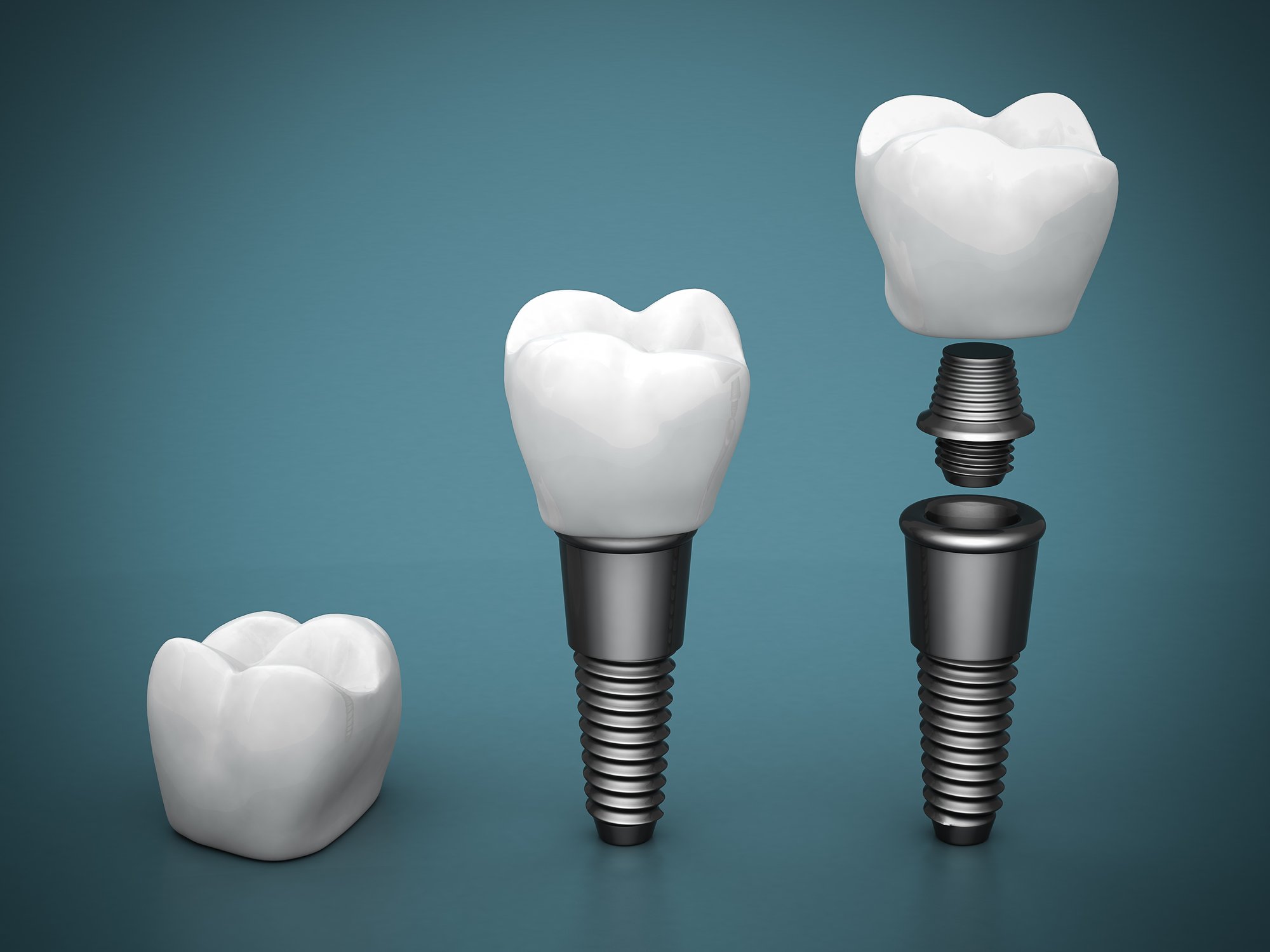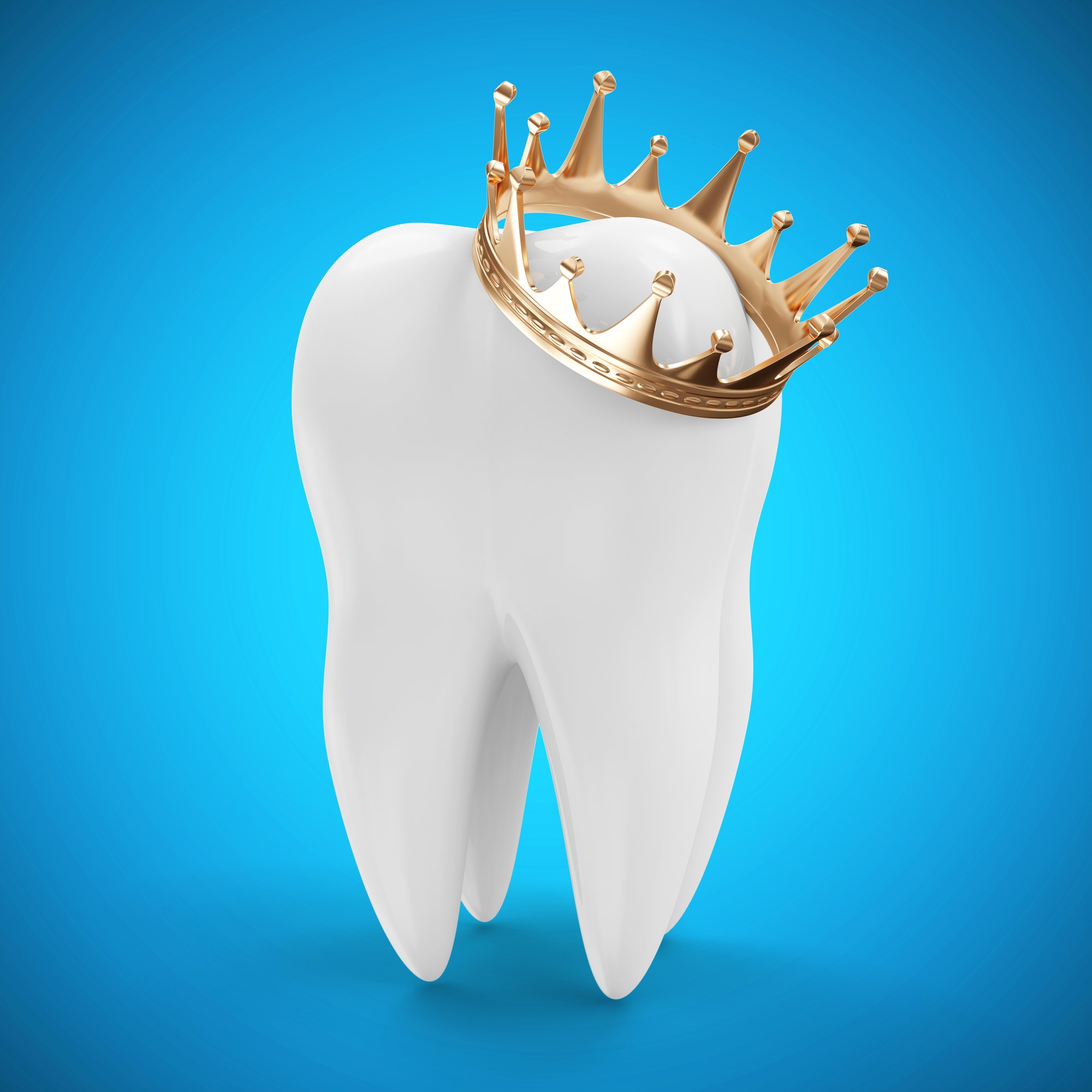
Missing teeth hurt your self-esteem and your dental health. A dental bridge boosts your self-confidence and improves your oral health by restoring the look and function of your teeth. Magic Smiles is here to explain the types and cost of dental bridges so you can make the right decision for your smile.
Dr. Pathak and our team at Magic Smiles are experienced in placing traditional and implant-supported dental bridges. We may recommend either of these options to patients who are missing one or more consecutive teeth.
Traditional Dental Bridges
In order to be a good candidate for traditional dental bridges, you must have two healthy teeth, one on either side of the gap. These teeth will be fitted with crowns in order to support your new dental bridge.
Cost
The cost of traditional bridges may vary depending on the number of teeth you need. Typically, these bridges may cost anywhere between $1500 to $6000 with an average of $700-$1500 per tooth. This is a long-term investment, as traditional bridges last 10 or more years with the proper care.
Regular brushing and flossing as well as regular dental cleanings are still an important part of taking care of your smile. Dental bridges need to be maintained just like your natural teeth to extend their lifespan.
Implant-Supported Dental Bridges
One of the problems that occurs following tooth loss is bone loss. Without the tooth root to stimulate it, your jaw bone will start to deteriorate over time. Traditional bridges may replace your missing teeth, but they do not effectively stimulate your jaw.
Implant-supported dental bridges are a reliable way to both restore your smile and protect your jaw bone. Dental implants are titanium pegs that act as prosthetic roots for your teeth. You new dental bridge is attached to these posts, replacing both your teeth and their roots.
Dental implants are safe and effective, and once healed, they feel just like your natural teeth. In order to be a good candidate for dental implants, you must have good overall oral health and no pre-existing conditions that could affect the osseointegration process.
Cost
The cost of implant-supported dental bridges is greater than traditional bridges. Depending on the number of implants needed, and the size and material of the bridge, implant-supported bridges can range from $3,500 to $30,000 or more.
Some insurance covers replacement teeth, depending on the specifics of your policy. Usually, dental insurance may cover up to 50% of the cost of dental bridges but this varies by company.
Although they are expensive, implants are safe and reliable. Studies have shown that implant supported prosthetics have a survival rate of more more than 90%. Additionally, no other prosthetic options properly stimulate your jaw bone.
Dental Bridges in New South Wales
The gap left behind by tooth loss can collect bacteria, increasing your risk of gum disease and tooth decay. Are you experiencing jaw pain after tooth loss? Missing teeth can make you rely more heavily on one side of your mouth to eat, resulting in problems with your jaw.
Replacing missing teeth is essential to protecting your oral health. With advanced technology and an experienced team, Magic Smiles can take care of all your restorative dentistry needs. Our doctors are trained to place implants, so you will not need a referral to an outside specialist.To learn more about restorative dentistry or to discuss the cost of dental bridges, schedule an appointment today. You can contact us online or call (02) 6654-0650 to start your journey to a healthier smile.












Recent Comments